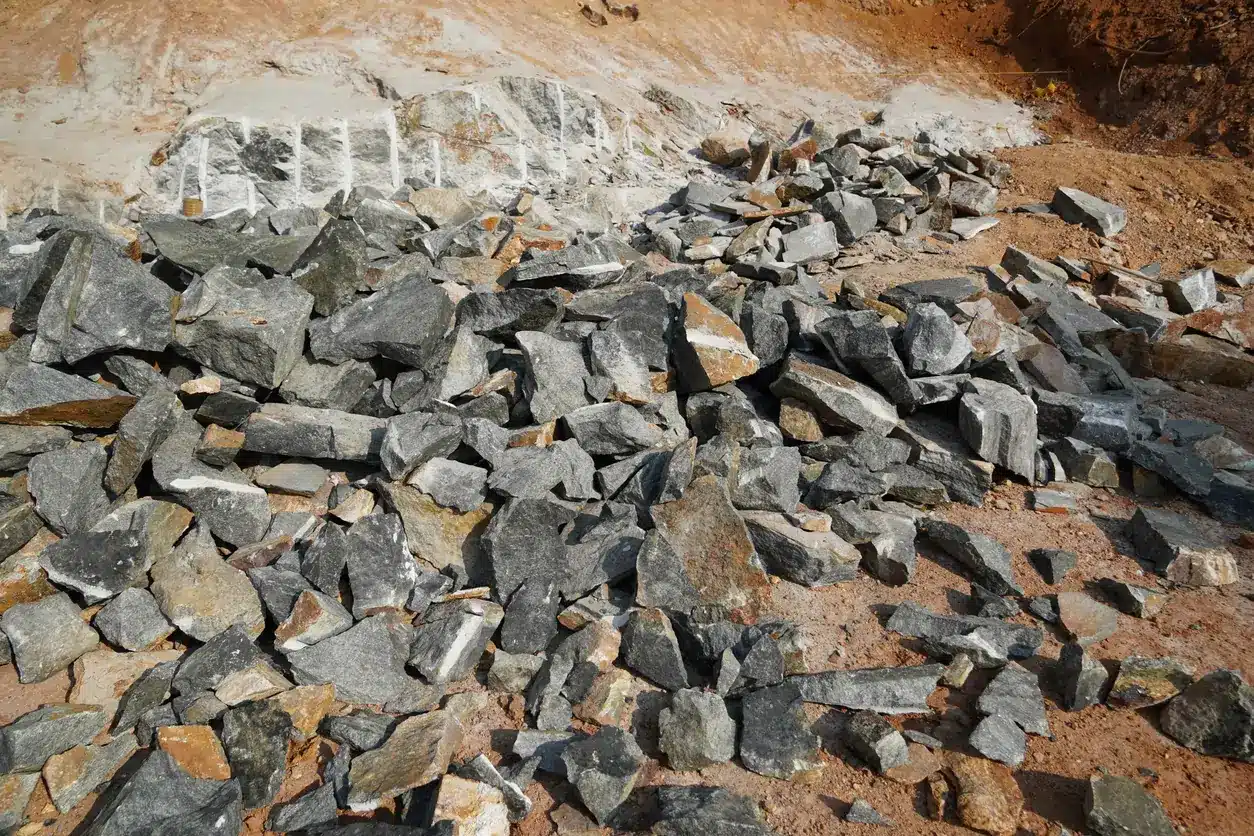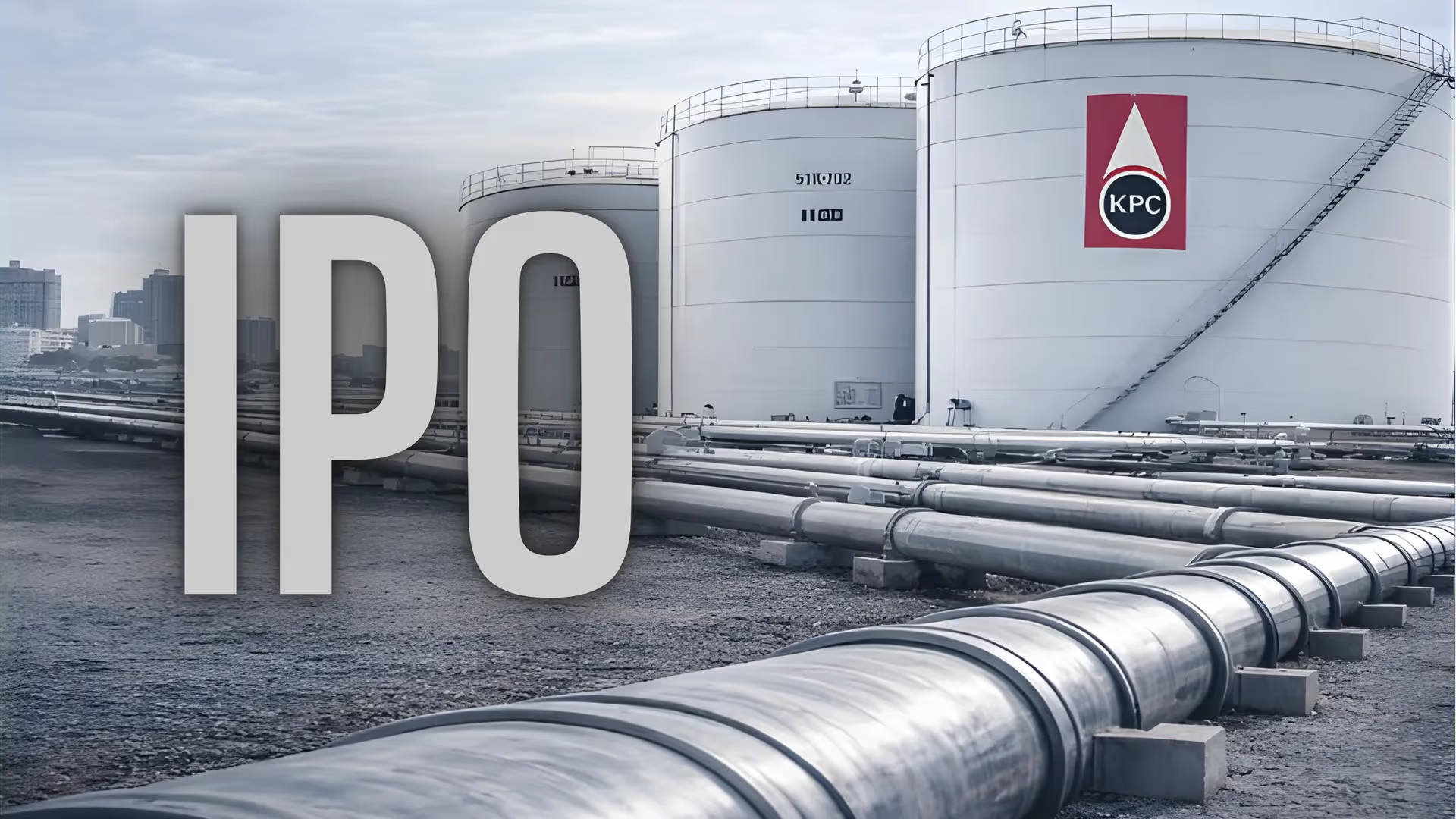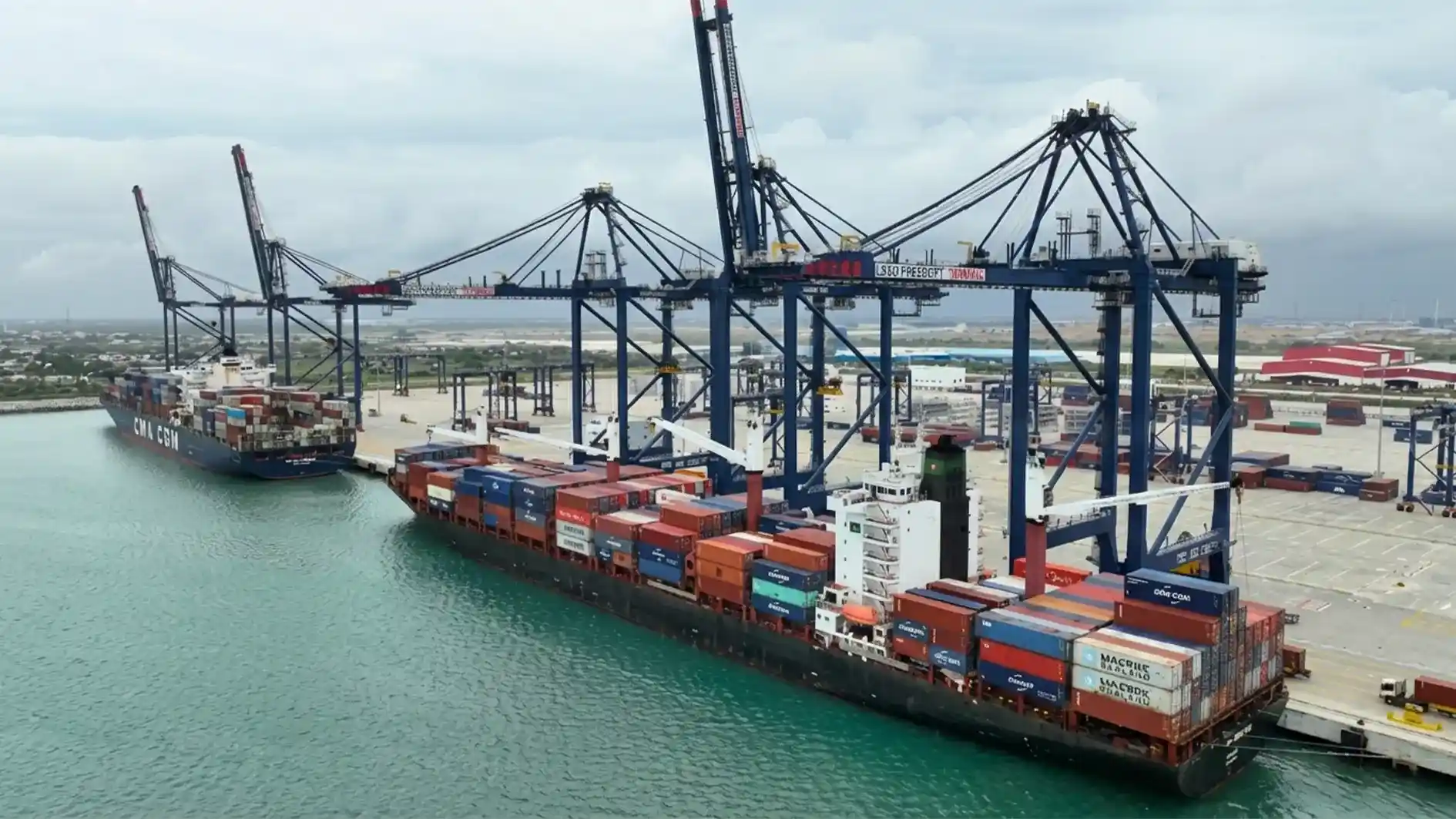For decades, Nigeria, Africa’s largest economy, has been heavily reliant on its oil industry. However, with the global shift towards renewable energy and electric vehicles (EVs), the country is now eyeing the booming global lithium market as a potential new source of economic growth. With the world transitioning to cleaner energy sources, lithium, a key component in the production of rechargeable batteries for EVs and energy storage systems, has become a highly sought-after mineral. Nigeria, which possesses significant lithium deposits, is positioning itself to tap into this under-explored market and diversify its economy away from oil dependence.
The Untapped Potential of Nigeria’s Lithium Resources
Nigeria’s mineral exploration sector has historically lagged behind, particularly in the exploration of lithium. However, the country’s potential to become a major player in the global battery metals market is immense. According to the Nigerian Geological Survey Agency, the lithium content of spodumene and lepidolite minerals found in Nigeria’s pegmatites is of high grade, with lithium oxide concentrations reaching up to eight percent. This makes the Nigerian Lithium Belt an attractive location for mining companies seeking high-quality lithium resources.
Despite this potential, Nigeria’s mining industry contributes less than one percent to the country’s gross domestic product (GDP). The government is keen on changing this by modernizing the sector and implementing policies that encourage the development of its lithium resources. As part of these efforts, the Minister of Solid Minerals Development, Dele Alake, has announced stringent measures to ensure that lithium and other minerals are not exported in their raw form. Instead, companies wishing to mine lithium in Nigeria will be required to set up processing and refining plants within the country, thereby adding value to the mineral before export.
Global Interest in Nigeria’s Lithium Market
The global lithium market is experiencing unprecedented growth, driven by the increasing demand for EVs and energy storage solutions. As a result, several international companies have shown interest in Nigeria’s lithium resources. Thor Explorations, a Canadian mining company, holds 600 square kilometers of tenure for lithium projects in Oyo, Kwara, and Ekiti States, with drilling reports indicating promising lithium deposits. In Nasarawa State, Chinese company Ganfeng Lithium Industry Ltd. is constructing a lithium processing plant capable of processing 18,000 tonnes of lithium ore per day, which will be used to manufacture batteries for EVs.
Another significant development is the partnership between UK-based Jupiter Lithium Ltd. and US-based ReElement Technologies Corporation. These companies have embarked on the Jupiter Critical Minerals Project, covering 442 square kilometers of lithium-rich terrain in northern Nigeria. This project is poised to become Nigeria’s first large-scale lithium mine, with plans to produce 55,000 tons of lithium spodumene concentrate annually by 2025. The partnership also includes the construction of a lithium and critical mineral refinery to convert spodumene concentrate into high-purity, battery-grade lithium carbonate.
Environmental Considerations and Local Impact
While the Nigerian government is eager to capitalize on the economic benefits of lithium mining, it is also mindful of the environmental implications. The authorities have emphasized the importance of sustainable mining practices, particularly in preventing the degradation of the environment. Foreign nationals, particularly Chinese companies, have been cautioned against engaging in illegal mining activities that could harm Nigeria’s natural resources.
In addition to the environmental focus, the government and mining companies are committed to ensuring that the local communities benefit from these mining activities. The Jupiter Critical Minerals Project, for instance, includes initiatives to enhance local infrastructure, such as providing access to potable water, electrification, and education scholarships in host communities. These efforts are aimed at fostering goodwill and ensuring that the local population shares in the economic benefits generated by the lithium mining industry.
Nigeria’s Strategic Position in the Global Lithium Market
Nigeria’s strategic position in the global lithium market cannot be overstated. The country’s vast lithium deposits, coupled with its proximity to European and Asian markets, make it an ideal supplier of this critical mineral. As global demand for battery metals continues to rise, Nigeria has the potential to become a top supplier of lithium, particularly as other African nations ramp up their production.
The upcoming Critical Minerals Africa summit, scheduled to take place in Cape Town in November 2024, will be a key event for showcasing Nigeria’s lithium potential. The summit will feature a dedicated session on Africa’s role in the global energy transition, with a focus on lithium development projects across the continent. Nigeria’s participation in this summit will provide an opportunity to attract further investment and partnerships in the lithium mining sector.
Africa’s Growing Role in the Global Lithium Supply Chain
Nigeria is not alone in its quest to become a major player in the lithium market. Several other African countries are also making strides in this area, further solidifying the continent’s position in the global lithium supply chain. Zimbabwe, for example, is home to some of the world’s largest known lithium deposits and has numerous lithium projects under exploration. The country’s mining sector has seen significant investment, particularly from Chinese companies, which are financing lithium processing plants and other infrastructure projects.
In April 2024, Chinese mining company Rwizi Rukuru commissioned a 300-tonne-per-day lithium concentrator in Mutoko, Zimbabwe, marking the third such facility in the country’s Mashonaland East province. With the potential to meet up to 20 percent of global lithium demand, Zimbabwe is poised to become a major supplier of the mineral. Similarly, Mali, Mozambique, and Ghana are also advancing their lithium projects, attracting international investment and positioning themselves as key players in the global lithium market.
The Future of Nigeria’s Lithium Industry
The future of Nigeria’s lithium industry looks promising, with the potential to significantly boost the country’s economy. However, realizing this potential will require concerted efforts from both the government and the private sector. The Nigerian government’s commitment to modernizing the mining sector, coupled with its insistence on value addition, is a step in the right direction. By ensuring that lithium is processed and refined within the country, Nigeria can maximize the economic benefits of this valuable resource.
Moreover, Nigeria’s participation in international forums like the Critical Minerals Africa summit will be crucial in attracting further investment and establishing the country as a key player in the global lithium market. As the world continues to transition towards cleaner energy sources, Nigeria’s lithium resources will play a vital role in supporting this global shift, contributing not only to the country’s economic growth but also to the broader goal of sustainable development.
Conclusion
Nigeria’s venture into the lithium market represents a significant opportunity to diversify its economy and reduce its reliance on oil. With vast untapped lithium resources, the country is well-positioned to become a major player in the global battery metals market. However, to fully capitalize on this potential, Nigeria must continue to modernize its mining sector, enforce value addition policies, and ensure that the local population benefits from the industry’s growth. With the right strategies in place, Nigeria’s lithium industry could become a key driver of economic growth and development in the years to come.
Photo source: Google
By: Montel Kamau
Serrari Financial Analyst
10th September, 2024
Article, Financial and News Disclaimer
The Value of a Financial Advisor
While this article offers valuable insights, it is essential to recognize that personal finance can be highly complex and unique to each individual. A financial advisor provides professional expertise and personalized guidance to help you make well-informed decisions tailored to your specific circumstances and goals.
Beyond offering knowledge, a financial advisor serves as a trusted partner to help you stay disciplined, avoid common pitfalls, and remain focused on your long-term objectives. Their perspective and experience can complement your own efforts, enhancing your financial well-being and ensuring a more confident approach to managing your finances.
Disclaimer: This article is for informational purposes only and does not constitute financial advice. Readers are encouraged to consult a licensed financial advisor to obtain guidance specific to their financial situation.
Article and News Disclaimer
The information provided on www.serrarigroup.com is for general informational purposes only. While we strive to keep the information up to date and accurate, we make no representations or warranties of any kind, express or implied, about the completeness, accuracy, reliability, suitability, or availability with respect to the website or the information, products, services, or related graphics contained on the website for any purpose. Any reliance you place on such information is therefore strictly at your own risk.
www.serrarigroup.com is not responsible for any errors or omissions, or for the results obtained from the use of this information. All information on the website is provided on an as-is basis, with no guarantee of completeness, accuracy, timeliness, or of the results obtained from the use of this information, and without warranty of any kind, express or implied, including but not limited to warranties of performance, merchantability, and fitness for a particular purpose.
In no event will www.serrarigroup.com be liable to you or anyone else for any decision made or action taken in reliance on the information provided on the website or for any consequential, special, or similar damages, even if advised of the possibility of such damages.
The articles, news, and information presented on www.serrarigroup.com reflect the opinions of the respective authors and contributors and do not necessarily represent the views of the website or its management. Any views or opinions expressed are solely those of the individual authors and do not represent the website's views or opinions as a whole.
The content on www.serrarigroup.com may include links to external websites, which are provided for convenience and informational purposes only. We have no control over the nature, content, and availability of those sites. The inclusion of any links does not necessarily imply a recommendation or endorsement of the views expressed within them.
Every effort is made to keep the website up and running smoothly. However, www.serrarigroup.com takes no responsibility for, and will not be liable for, the website being temporarily unavailable due to technical issues beyond our control.
Please note that laws, regulations, and information can change rapidly, and we advise you to conduct further research and seek professional advice when necessary.
By using www.serrarigroup.com, you agree to this disclaimer and its terms. If you do not agree with this disclaimer, please do not use the website.
www.serrarigroup.com, reserves the right to update, modify, or remove any part of this disclaimer without prior notice. It is your responsibility to review this disclaimer periodically for changes.
Serrari Group 2025
















